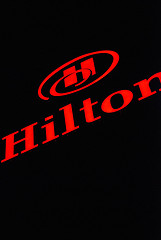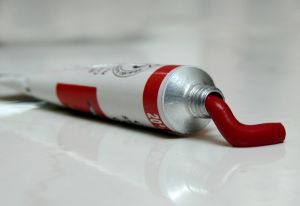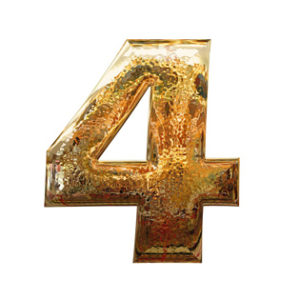 An interesting story is out this week from the hotel industry. In June 2008, two executives from Starwood abandoned ship and headed to Hilton. Roll the calendar ahead to March 2009, and Hilton announces it is launching a new luxury lifestyle hotel brand, Denizen. Enter Starwood who thought Hilton was launching this new brand a bit too quickly. Roll the calendar ahead again to April 2009, and Starwood sues Hilton claiming that those two executives who changed teams back in June 2008 stole over 100,000 confidential files.
An interesting story is out this week from the hotel industry. In June 2008, two executives from Starwood abandoned ship and headed to Hilton. Roll the calendar ahead to March 2009, and Hilton announces it is launching a new luxury lifestyle hotel brand, Denizen. Enter Starwood who thought Hilton was launching this new brand a bit too quickly. Roll the calendar ahead again to April 2009, and Starwood sues Hilton claiming that those two executives who changed teams back in June 2008 stole over 100,000 confidential files.
The lawsuit alleges that it was because of those 100,000+ files about Starwood’s luxury W hotel brand that Hilton was able to launch the Denizen brand much more quickly than they would have been able to without those files. Hilton’s response? They’re going to fight the case claiming it is without merit, and they have no plans to stop the rocket-paced launch of Denizen.
This is a truly interesting case about alleged theft of corporate files with a branding twist. Let’s face it. 100,000 files is a lot of files. Whether or not it’s true that the two executives took the files with them when they moved to Hilton, I’m not about to guess. For me, the interesting part is the branding aspect of the case. There isn’t a lot of information out about the case yet, but I wonder if the new Denizen brand is coincidentally similar to Starwood’s W brand or if Starwood simply doesn’t like the added competition. It’s not like Hilton doesn’t have some experience in the hotel industry, which could allow them to launch a new brand very quickly if they truly focused on it as a top priority.
According to an article on BTNonline, Starwood”s chief administrative officer and general counsel Kenneth Siegel was quoted as saying, “The wholesale looting of proprietary Starwood information, including a step-by-step playbook for creating a lifestyle luxury hotel brand, unfairly enabled Hilton to launch a new brand in only nine months instead of the usual three to five years.”
It will be interesting to watch this case unfold, particularly as it relates to competitive branding. What do you think?
Image: Flickr
Susan Gunelius is the author of 10 marketing, social media, branding, copywriting, and technology books, and she is President & CEO of KeySplash Creative, Inc., a marketing communications company. She also owns Women on Business, an award-wining blog for business women. She is a featured columnist for Entrepreneur.com and Forbes.com, and her marketing-related articles have appeared on websites such as MSNBC.com, BusinessWeek.com, TodayShow.com, and more.
She has over 20 years of experience in the marketing field having spent the first decade of her career directing marketing programs for some of the largest companies in the world, including divisions of AT&T and HSBC. Today, her clients include large and small companies around the world and household brands like Citigroup, Cox Communications, Intuit, and more. Susan is frequently interviewed about marketing and branding by television, radio, print, and online media organizations, and she speaks about these topics at events around the world. You can connect with her on Twitter, Facebook, LinkedIn, or Google+.



I think it reinforces that brand is much more than a logo! We are constantly discussing with our clients about how much of their brand guidelines should be open to vendors and dealers. We believe that the more information you can provide to the people that help promote your brand the better. But this case shows that there is obviously a line.
Thanks for the post.
If this is the only thing Starwood has to worry about , let them think again,
The hidden unfair practises that the currently operate gainst hundreds of Employees under their so called “branded ” names e.g. Le Meridien is not unlike the practises operated during Black slavery with a hint of Nazi attitude PITTING Black staff AGAINST Hispanic.
It will be a real disgrace if the federal government starts probing Starwood for
infractions on peoples civil rights.